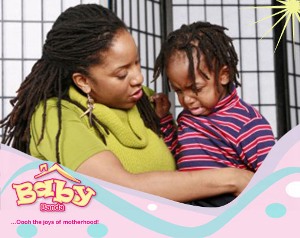One of the things that will concern a parent is when a child is particularly aggressive. There are several factors that may contribute to a child being very aggressive:
1. Your baby’s temperament (personality) and the learned coping skills are critical to the toddler being able to manage aggression. Your baby may be sensitive, or difficult.
2. Family life. Children model their behaviour after adults around them, observing and imitating how others handle their anger and frustration.
3. The environment around the child. For example, extreme heat or overcrowding has been shown to increase aggression.
4. When people try to solve problems with physical violence, children mistakenly learn that this is appropriate behaviour.
Dealing with aggression
• Use reasoning to explain things.
• Be consistent so your little girl or boy know what to expect.
• Organize the home environment; set limits on what the toddler may use.
• Limit access to aggressive toys (swords, guns).
• Monitor television for aggressive shows.
• Sing songs and tell stories about feelings and frustrations. Talk about what anger may feel like.
• Allow transition time between activities by giving a fair warning that the activity is about to change.
• Be a model for controlled behaviour, and avoid angry outbursts and violence.
• Avoid extreme permissiveness and tolerance OR too much structure and too many demands.
• Give your toddler choices so they feel empowered. Offer two acceptable choices.
• If your child is misusing a toy or destroying it in an aggressive manner, remove it.
• Be your child’s control. If your child is hitting another, your words may not be enough to stop the aggression. You must move in and gently but firmly stop the behaviour. You provide the control your child lacks. In time, your control transfers to your child.
• Prepare the child. Before your child meets new friends, tell them what behaviour you expect. Remind your baby that people don’t like to be hit or pushed.













